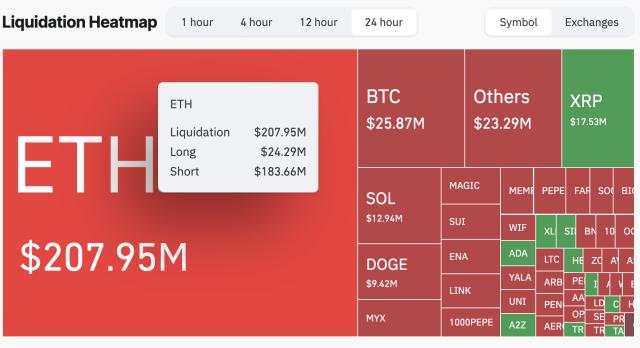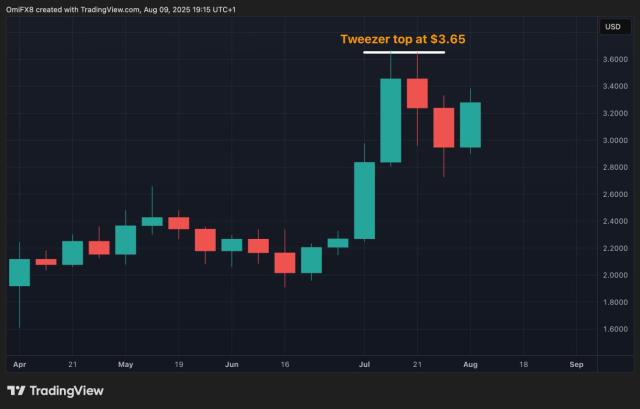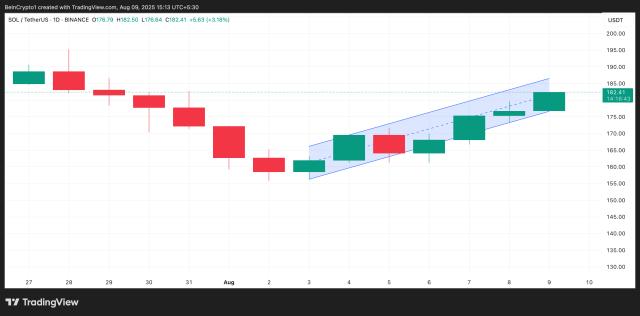France's National Rally (Rassemblement National – RN) Party Recently Proposed a Draft Law to Use Excess Nuclear Energy for Bitcoin Mining.
The draft law promoted by MP Aurélien Lopez-Liguori proposes utilizing excess electricity from nuclear power plants operated by the national electricity company Électricité de France (EDF) to deploy Bitcoin mining facilities.
RN party leader Marine Le Pen, during a visit to the Flamanville nuclear power plant, affirmed this as a strategy to strengthen national economic sovereignty, transforming wasted energy into a safe and profitable digital asset.
Notably, this move reflects a profound change in Le Pen's perspective, who previously opposed cryptocurrencies. In 2016, she strongly criticized digital currency, arguing that monetary digitization weakens citizens' monetary ownership and serves global banking system interests. This policy reversal indicates RN is now viewing Bitcoin as a potential economic tool rather than a threat.
However, the proposal has caused mixed reactions within the RN party. Jean-Philippe Tanguy, RN's financial leader, expressed skepticism, arguing the party should not support currency decentralization and should maintain trust in centralized state-controlled monetary policy. This internal contradiction reflects a deep debate about the role of decentralized assets in the national economy.
Despite ongoing debates, RN is currently the most prominent political force in France promoting a legal framework for cryptocurrencies. This stance creates a stark contrast with left-wing parties, which focus on Bitcoin mining's negative environmental impacts and illegal financial risks.
According to Le Monde, RN's business-friendly approach helps the party attract attention from lobbyists and entrepreneurs in the cryptocurrency sector, who see RN as a potential ally in shaping France's digital financial technology future.







